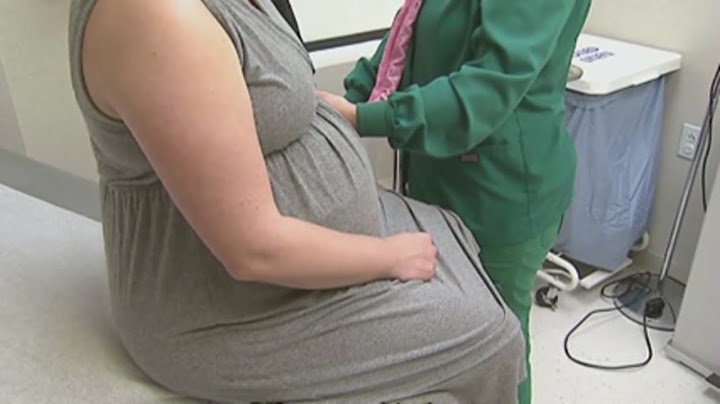Symptoms may include abdominal pain, nausea, vomiting, diarrhea, and fever. People may feel very sick and vomit many times a day. Most people improve within three days. However, sometimes people become dehydrated and need medical treatment. Dehydration is the most serious complication. See also When to Call for Medical Advice. Show Transmission:Norovirus, a common cause of infectious outbreaks, can easily spread from person to person. People are contagious from the moment they begin to feel ill until at least three days after recovery. Good hygiene is critical to break the chain of transmission (see Prevention). Specific means of transmission are:
Self-care for adults:
Retake medications if vomiting occurs within 30 minutes of taking usual medication. If you vomited after taking oral contraceptive pills, use a back-up contraception method for the rest of the month. If diarrhea is the only symptom, try Imodium, a non-prescription (over-the-counter) medication available at the UHS Pharmacy according to package directions. Follow a bland diet (see 4 above). After the passage of a soft, formed stool, you can resume a normal diet. Call for medical advice if you have no improvement within 48 hours after starting Imodium. If you are sick in a Residence Hall:You can ask a friend to make arrangements to bring you food from the dining room. See information about Feel Better Meals. If you have questions or concerns about your food intake, you may call the Dining Services dietician at 734-647-2614 or send email to [email protected]. Notify your Housing director and let your parent/s know if you are ill. If you need assistance, contact the staff at your Community Center. Nausea is a horrible feeling. It may come in the form of gagging, feeling sick to your stomach, and not having an appetite. This feeling can even lead to vomiting and diarrhea, which is the most common outcome of nausea. Unfortunately, due to the uneasiness of the stomach, eating may be the last thing that will cross your mind. But guess what? There are some foods that can actually ease the symptoms. Daljit Kaur, Head of Dietetics, Fortis Escorts Heart Institute, New Delhi, is all set to reveal those foods which can help to relieve the symptoms of nausea. Let’s find out! Nausea is stomach discomfort and the sensation of wanting to vomit. Image courtesy: ShutterstockHere are the foods to eat when you feel nauseatedKaur tells HealthShots, “Foods which help to avoid nausea are mint, ginger, applesauce, lemon water, and coconut water.” Here’s how these foods can help:1. MintPeppermint is known for its soothing properties and helps the digestive system in a big way. The natural oil found in peppermint relaxes the gut and removes gas from the digestive tract. Plus, it relieves intestinal spasms, reduces bloating, diarrhea, and treats nausea. Either you chew on fresh mint leaves or drink a cup of mint tea to treat nausea. 2. GingerGinger contains phytochemicals and phytonutrients, which can help to reduce nausea. 3. ApplesauceApplesauce is a popular food for people with nausea and diarrhea. In fact, applesauce is a part of the BRAT diet (which stands for bananas, rice, applesauce, and toast). It is a good source of carbs and is gentle on your stomach. Therefore, it can help to relieve nausea. 4. Lemon waterLemon water is a great remedy to cure nausea, because of the neutralizing acids it contains. Try adding freshly squeezed lemon juice to water, and sip on it throughout the day. If nausea is due to constipation, drinking warm water with lemon juice may stimulate your bowels. 5. Coconut waterCoconut water is high in potassium, and can flush out excess water from your body. It soothes the stomach, is easy to digest, and prevents constipation as well. Drink these fluids (coconut water and lemon water) slowly, says Kaur. Can certain foods trigger nausea?Kaur says, “It often happens that you may feel nauseous immediately or within a few hours after overeating, and this is normal. The causes of feeling nauseous after eating can be mild to severe. So, eat your meals on time and stick to small and frequent meals, without eating too much at once, because this may make your nausea worse.” Always consume food in moderation. Image courtesy: ShutterstockTips to manage nausea, according to Kaur:
So, this is how you can get back on track. But if you have nausea along with other serious symptoms like high fever and severe stomach pain, call your doctor immediately. Should I eat even if I feel nausea?Avoid skipping meals, since an empty stomach can worsen nausea. Eat and drink slowly and in small amounts. This allows you to relax during meals and take time to enjoy your food. You may also want to avoid consuming liquids and solids at the same time.
Can eating relieve nausea?Happening in both adults and children, there are many ways to relieve nausea. Drinking ice-cold beverages and eating light, bland foods can help.
Does nausea get worse if you don't eat?An empty stomach can make your nausea worse. Eat slowly. Eating too quickly can cause you to eat more than your stomach can handle, which can cause you to vomit.
|

Related Posts
Advertising
LATEST NEWS
Advertising
Populer
Advertising
About

Copyright © 2024 muatrau Inc.















